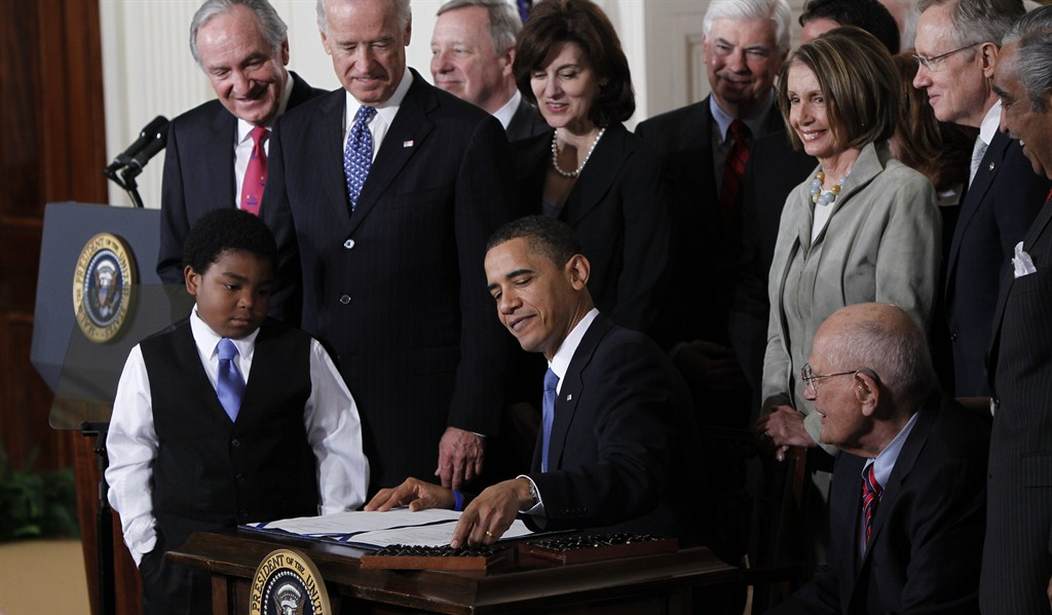Americans are struggling to afford healthcare, and nearly a third of Americans are overwhelmed by medical debt. That’s according to a survey from the New York-based private foundation The Commonwealth Fund.
“I was not shocked at all by what we found,” said Dr. Joseph Betancourt, president of The Commonwealth Fund, adding that “patients’ experiences range from confusion to frustration to legitimate threats to their health and well-being.”
According to the foundation’s report, “While having insurance is always better than not having it, the findings challenge the assumption that health insurance coverage in the U.S. buys affordable access to care,” and that “large shares of insured working-age adults surveyed said it was very difficult or somewhat difficult to afford their healthcare.”
The survey found that 43% of those with employer coverage, 57% with marketplace or individual-market plans, 45% with Medicaid, and 51% with Medicare felt this way.
But wait, hold up. I thought the problem of unaffordable health care was fixed thirteen years ago when the so-called Affordable Care Act was passed in 2010.
The word “affordable” is in the name, after all. As the name implies, it was sold as much much-needed fix to America’s healthcare system, which would not only expand access to healthcare to more Americans but make it more affordable to boot! It never actually succeeded in making healthcare more affordable. We were promised that premiums would go down $2,500, when they actually doubled or even tripled in most states. We were promised that our deductibles would go down, too. That didn’t happen either.
“Many insured adults said they or a family member had delayed or skipped needed health care or prescription drugs because they couldn’t afford it in the past 12 months,” the report from The Commonwealth Fund explained, including “29 percent of those with employer coverage, 37 percent covered by marketplace or individual-market plans, 39 percent enrolled in Medicaid, and 42 percent with Medicare.”
The number of people delaying or postponing healthcare over costs was lower before Obamacare passed.
“Cost-driven delays in getting care or in missed care made people sicker,” the report explains. “Fifty-four percent of people with employer coverage who reported delaying or forgoing care because of costs said a health problem of theirs or a family member got worse because of it, as did 61 percent in marketplace or individual-market plans, 60 percent with Medicaid, and 63 percent with Medicare.”
Flashback: The Nine Lies of Obamacare
The Obama White House liked to tout the fact that it brought the uninsured rate down.
“President Obama promised that he would make quality, affordable health care not a privilege, but a right. After nearly 100 years of talk, and decades of trying by presidents of both parties, that’s exactly what he did,” claims an archived version of the Obama White House website. “We’ve driven the uninsured rate below 10 percent — the lowest level since we started keeping records — and built stronger, healthier communities through advancements in public health, science, and innovation.”
Conveniently missing from this boast is that Obamacare literally forced people to buy insurance through the individual mandate. But, as this survey proves, access to insurance doesn’t mean access to “affordable health care,” as Barack Obama promised it would.










